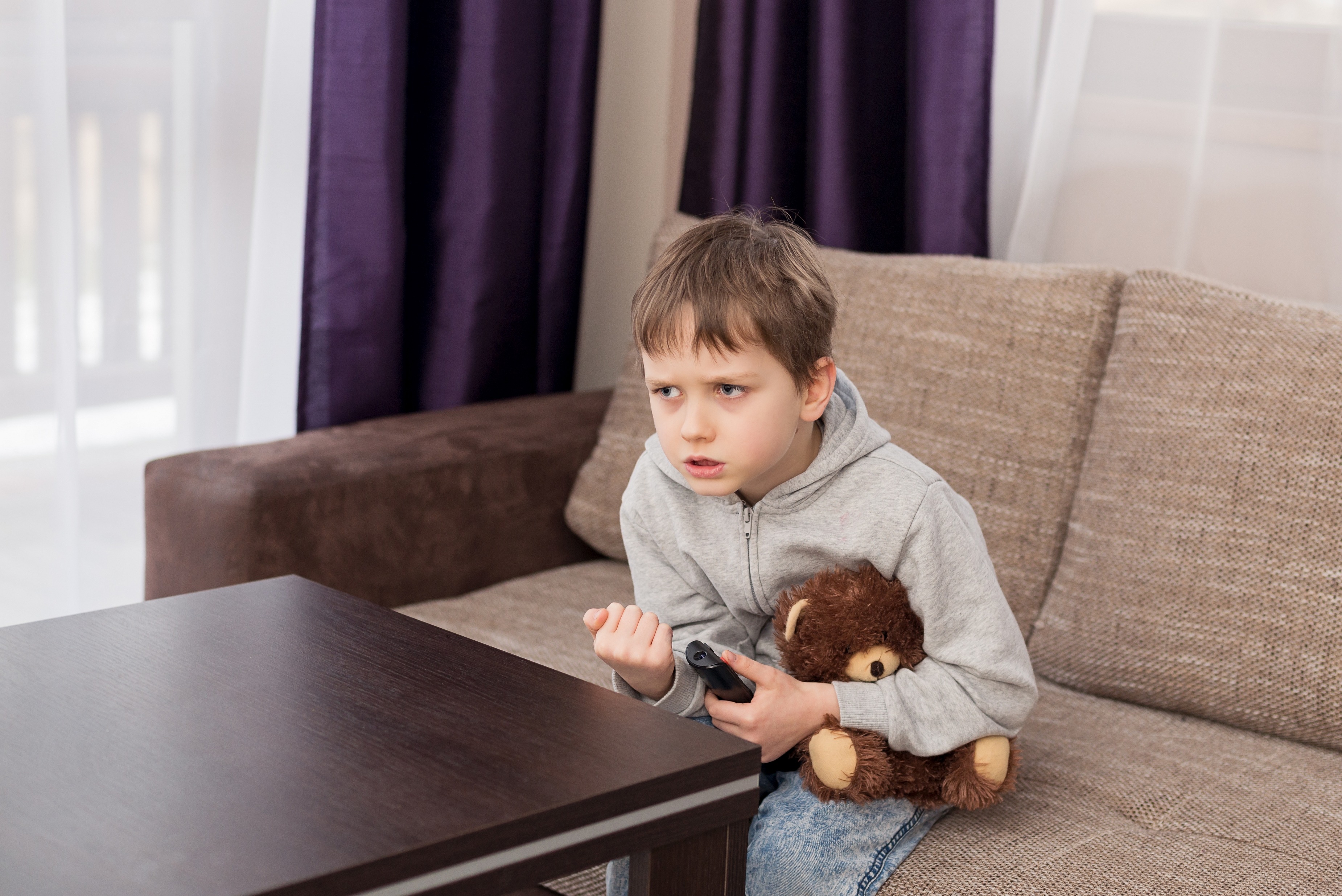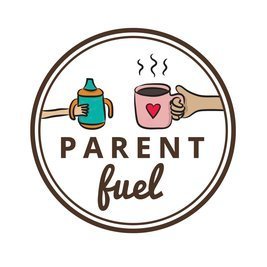
A few days after my family watched the first presidential debate, my 11-year-old daughter, Annie, asked me, “Can’t we just kill Trump?”
“What?” I said, shocked.
“I mean, wouldn’t killing him solve the problem?” she said.
The problem for Annie: Conversations about the election at school and at home are starting to stress her out.
Annie and I, along with my husband and teen daughter, watched most of the first debate on TV. My teen left after the popcorn bowl was empty. My husband and I stayed, trying to remain calm as Donald Trump interrupted Hilary Clinton 51 times (Clinton interrupted him 17, in case you were curious). Noticing her parents’ rising tension, Annie asked, “Can we change the channel? You guys seem to be getting angry.”
Two days later, I froze when Annie asked if killing Trump was a good solution for ending her election-stress anxiety. (This, by the way, is a documented condition. This presidential election is a “very or somewhat significant source of stress” for 52 percent of U.S. adults, according to a recent Harris Poll conducted on behalf of the American Psychological Association. The term “Election Stress Disorder” comes from a Washington, D.C.-based therapist who coined the term to describe what he is seeing in many of his patients.)
But back to Annie. I wasn’t sure what to say in the moment and thought about our conversation long after we were done talking. Why did she ask me this? How could I ease her anxiety and make clear that violence is never the answer to our problems? Hoping for answers, I spoke with Dr. Laura Markham, a clinical psychologist, author of Peaceful Parent, Happy Kids: How to Stop Yelling and Start Connecting and founding editor of Aha! Parenting. Here’s what she had to say.
When my tween asked me if we could just kill Trump, I only answered her question briefly. What is the best thing to say in a moment like that, even if it’s long after the original conversation?
Try bringing up her suggestion now and say to her, ‘I guess Trump really makes you mad, huh? There was a time in human history when people just killed the people they didn’t agree with ... But when we solve problems by killing our enemies, this results in the strongest people hurting other people so they get their own way. Humans have evolved political systems that allow us to have elections instead of physical fights!’
What else can I do to ease my tween’s election-stress anxiety?
I think we need to reassure children that we, and they, can have an impact on the democratic process. My kids — my daughter is now 21 and my son is 25 — grew up passing out literature at polls on Election Day and seeing me make phone calls to get out the vote. When children feel there is nothing they can do about a situation, they end up feeling cynical and angry. When they feel there is something, anything, they can do to make a difference, they feel empowered. I would hope that people who are upset about this election will become politically active.
When children feel there is nothing they can do about a situation, they end up feeling cynical and angry. When they feel there is something, anything, they can do to make a difference, they feel empowered.
I agree that the incessant conversations are anxiety inducing and I think parents are not fully aware of that. You’re lucky to have a daughter who brings it to your attention! Children also seem to be suffering from what bullying experts are calling ‘The Trump Effect.’
Tolerance.org and many teachers say there is a rise in incivility and ethnic tension in schools. When a national leader models racism — saying certain group of immigrants are mostly criminals, for instance — then ordinary people in a society feel freer to engage in racist acts. This is not what we want to model for our children.
Parents can ask kids what they think about such situations as an important part of discussing bullying. Try using a real story, like The New York Times editor whose parents were Chinese immigrants. He and his children were yelled at to go back to China.
How much should I discuss with my tween about all of the various conflicts the presidential race and debates have brought to the surface of our country? It seems there’s a huge slate of them, including racism, sexism, sexual assault, body shaming, gun violence, lying.
It depends on the age of the child. With an 11-year-old, I would discuss virtually all of this. But I would only have these discussions if the parent can insure that the child still feels safe in the world. Include reassurance that the child is safe and the family is safe. Otherwise children begin to worry that these upsets in the political world mean that you can’t keep them safe. You want to talk about these things to educate your child, not to blow off steam. Wait until you’ve worked out your own issues so you can talk about these issues in a measured way that isn’t personal.
You’ll also want to ask questions to see what your child has heard at school or from friends. And share facts.
Can you walk us through a sample conversation that speaks to the sexual assault issues?
Dad: ‘Yes, Mr. Trump admitted in an interview to grabbing women’s breasts and vulvas and kissing them on the mouth without permission. A number of woman have said that he did these things to them. Some of these women he didn’t even know. These stories seem to be true because the women told other people at the time that the event happened. Obviously, this behavior is very disrespectful to women and it’s also a crime against the women he assaulted. This is so upsetting that many Republican leaders say they will not vote for him.’
11-year-old: ‘Ew, gross! How could he be president if he did these things?’
Dad: ‘Many people don’t think he should be. U.S. citizens will vote to decide this.’
11-year-old: ‘But what does Trump say happened?’
Dad: ‘He said he was just bragging in that interview and didn’t do the things he claimed. He said that was just the kind of talk men do in locker rooms, when only men are around. What do you think about that?’
11-year-old: ‘It seems weird to brag about hurting women.’
Dad: ‘I agree. And as your dad, I want you to know I’ve never had that kind of conversation with other men and I wouldn’t do that kind of thing. I don’t think conversations like that are OK and there’s no excuse for it. I think there was a time when men talked that way, but I’m happy to say times have changed and men can’t get away with that kind of behavior anymore.’
My husband and I have decided not to watch the last debate scheduled for this Wednesday night (Oct. 19) at all. Do you think it’s OK to censor what a family will watch or discuss?
Absolutely. As far as the debate goes, it’s not censorship not to watch it; that’s responsible parenting. If it upsets you, don’t watch it. If it upsets your child, then your child is not ready for it yet. And if they ask you to turn it off, turn it off! You can read a transcript with your child the next day, if you feel the need to.











